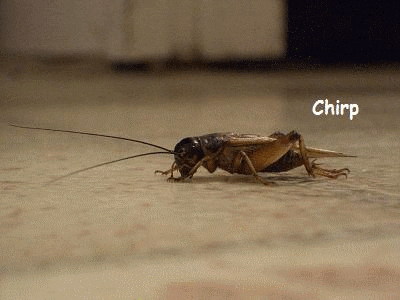Yes it has been higher, and scientists have proven that those eras were not conducive to human life. Why would you want to return to them?
Sure, from the Trump administration dept of NASA.
Nasa literally uses the heat-trapping nature of carbon dioxide and its ability to affect the transfer of infrared energy through the atmosphere is the scientific basis of many instruments flown by NASA.
Our space program wouldn't work if CO2 didn't trap heat. You literally have to buy the Flat Earth theory with this conspiracy theory. It's the only way it works, package deal.
You said
"scientists have proven that those eras were not conducive to human life".
Why wouldn't it be? Humans are pretty adaptable. If the dinosaurs could live in an environment with 5 times the CO2 as we have currently, why couldn't humans not only survive, thrive.
Mark
Ok, you really don't understand the basics of how animals evolve, and the impacts of quickly changing climates on life on earth do you? I mean there's no way you could have even an elementary knowledge of that and try and say that.
I know that the animals around my area are exposed to temperatures from 30 below to 100 above zero. A small change in the average temperature will do what to them?
Mark
lets see. A lot of scientists much more educated on the subject than you or I have been studying the existing changes and past ones for decades. You are describing weather, not climate. The ice age that nearly wiped out humans and many animals and flora was a 4-6 degree climate change. Archaeologists, climatologists, geneticists, an other scientists working together have discovered earth may have been down to it's last 300 or so breeding pairs of humans at the time. Effects of that climate change have already been seen in changes in growing seasons, species ranges, and patterns of seasonal breeding. It's already caused animals to go extinct.
Most known species of animals have small ranges of climates where they live. And even if they are able to adapt, is their food source able to? Are their predators able to? Will their defense mechanisms still be viable in a new climate?
A grizzly bear might be able to live anywhere from Alaska down to Texas. But for the ones in Alaska, what happens to them as Salmon which have a very low temperature tolerance and already are struggling with the effects of climate change die out or change spawning grounds further north?
And maybe some things will adapt. Indigenous Alaskan tribes used to subsist mostly on seals. Well melting sea ice has made that much harder for them to catch and kill. But the longer warm seasons have caused alder and willow shrubs to grow faster and larger. And Moose and hare's have moved up into the Alaskan arctic and have replaced seals as their diet staples.
And the small things are are the big ones. Malaria is spreading to higher elevations as mosquitos are able to expand into now warmer climates, and longer mosquito seasons are keeping it around longer every year. Leishmaniasis was a tropical disease, which is now making it's way into Northern Texas.
Or the spread of species impacting crop growth. South America is struggling with Diamondback moths able to spread their range to new area's. In the US, Johnson grass is the one moving and impacting crops. Studies have found thousands of species moving north every year. Some as much as 12 miles a year.

